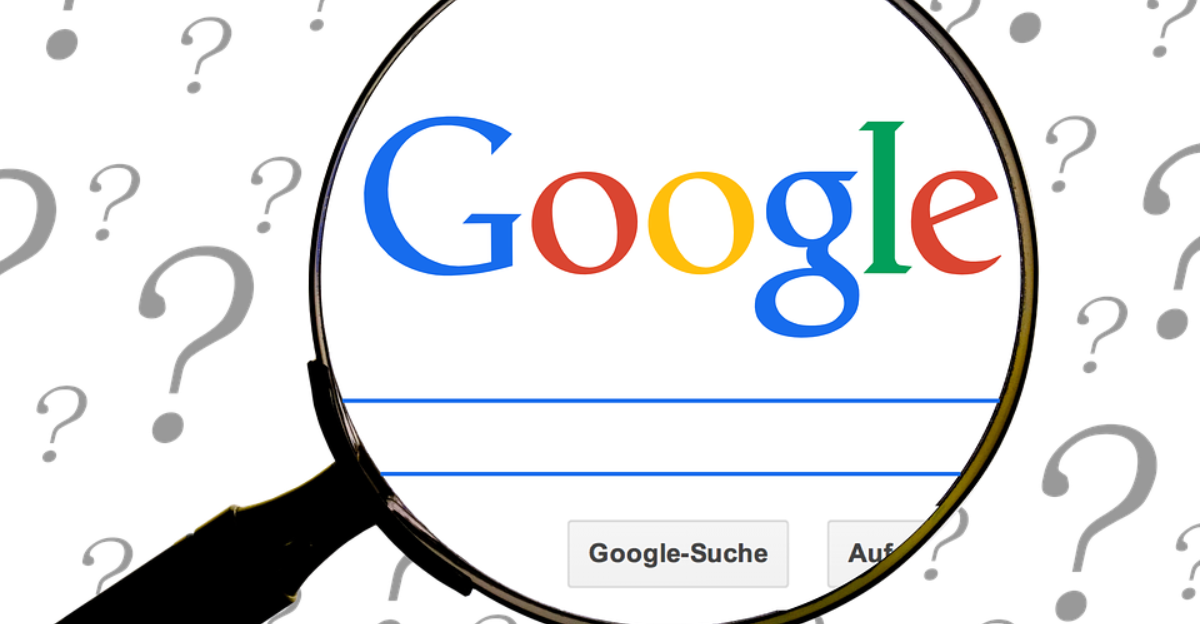
Have you noticed that the search results on Google look different now? They might answer in a strange way or not seem very helpful. Things aren’t going crazy. Google has been making big changes to how search works behind the scenes. These changes are linked to them laying off people from their AI teams.
Users Notice Something Different

Complaints about weird Google Search results popped up on social media. Many users report receiving vague answers or links to useless websites. Over the past few months, the changes have been slowly showing up, and now it’s hard to ignore them.
The Layoffs Nobody Saw Coming
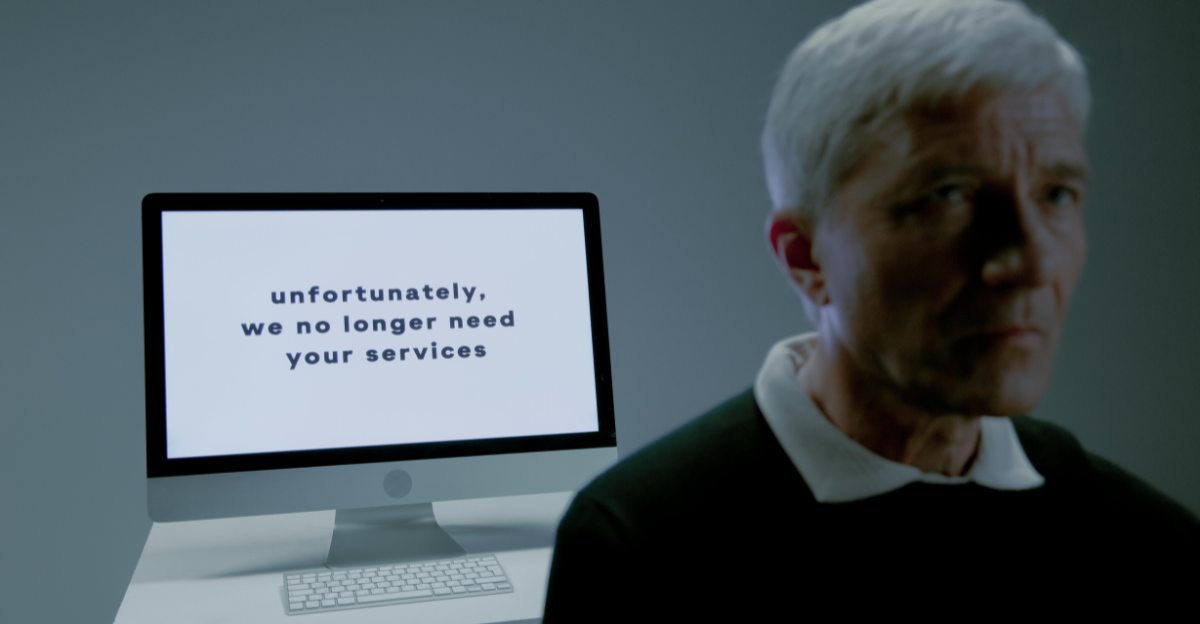
Google suddenly cut a lot of jobs from its AI and search quality teams in January 2024. It wasn’t just anyone who was let go; it was about people whose job was to improve search results. Employees were left in shock when the company said it was part of “restructuring.”
What Google’s AI Team Actually Does
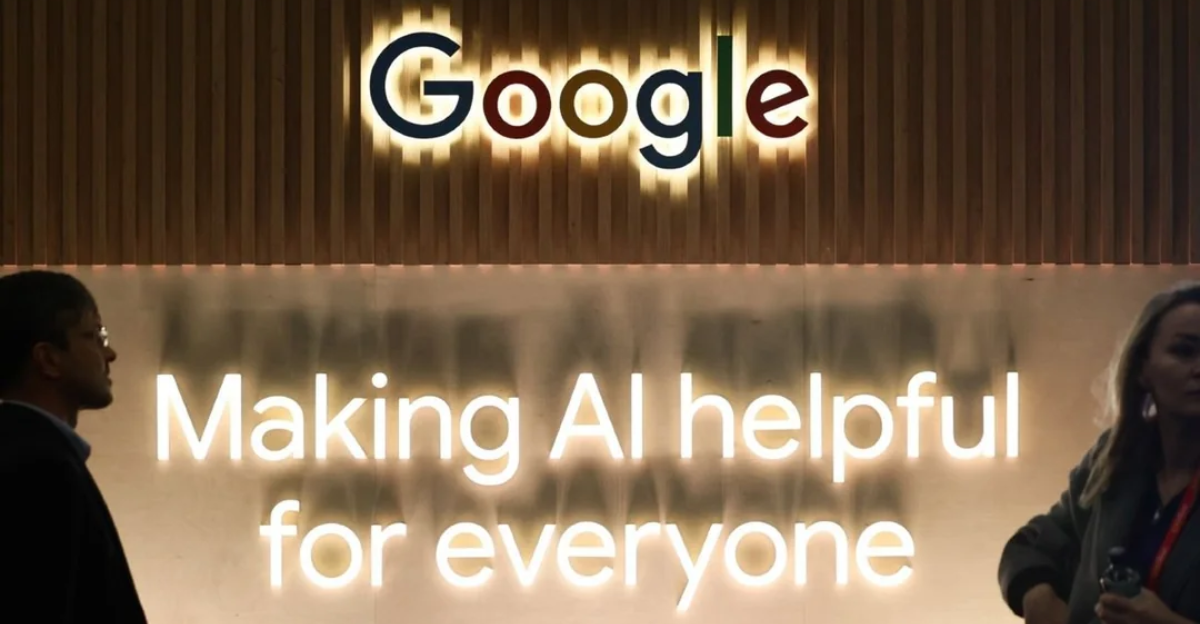
Google’s AI team makes more than just chatbots. They make the computers that choose which websites to show up when you search. Also, they teach computers how to understand what you mean when you type a question. It’s like having a million digital assistants do work for you.
When Computers Start Making Mistakes

When humans aren’t around to watch over AI systems, strange things can happen. They don’t know the difference between a joke article and real news, so they might give you bad advice. Chances are they’ll muddle up facts when they’re mostly being fed with data without any quality assurance from humans.
The Human Touch Behind Search Results

Search results used to be looked over by real people to make sure they made sense: to see if medical advice was safe, if the news was true, and if shopping results could be trusted. They checked for problems before users even saw them, like quality control workers in a factory.
Why Fewer Workers Mean More Problems

It’s easier for mistakes to happen when fewer people check the search results, in the same way mistakes are normally caught by editors. Employees who are still in Google are working hard to get more done with less help from their coworkers.
Real Examples of Search Gone Wrong

Google’s suggestion to eat rocks for health reasons made a viral search result. Aside from that, users say they get recipes they can’t follow, medical advice that goes against their doctors’ recommendations, and shopping results for nonexistent things. These mistakes are funny, but they can also cause real harm.
How Google’s Search Really Works

Google looks at tens of thousands of signals to figure out what to show you. It looks for a quality website and its linked websites. Over 8.5 billion searches are done every day, so even small changes can impact the lives of millions of people.
The Cost of Cutting Corners

Google may have saved money by laying off workers, but the real costs are growing. Users get angry when they receive poor search results, hurting Google’s reputation and making people switch to alternatives, like Bing or ChatGPT. In the long run, trying to save money doesn’t always work out better.
Other Tech Giants Face Similar Issues

Google isn’t the only one having trouble. Not long ago, Microsoft, Meta, and Amazon all cut jobs for AI while promoting automation. There is a clear pattern: businesses want computers to do the work that people used to do, but they’re realizing that quality control is harder than they thought.
What Experts Are Saying

Experts in the tech field say that rushing to replace people with AI is dangerous. Former Google employees say the company puts cutting costs ahead of making the user experience better. Researchers think that search quality will keep going down unless Google changes its mind and brings back human reviewers.
The Race to Replace Human Workers
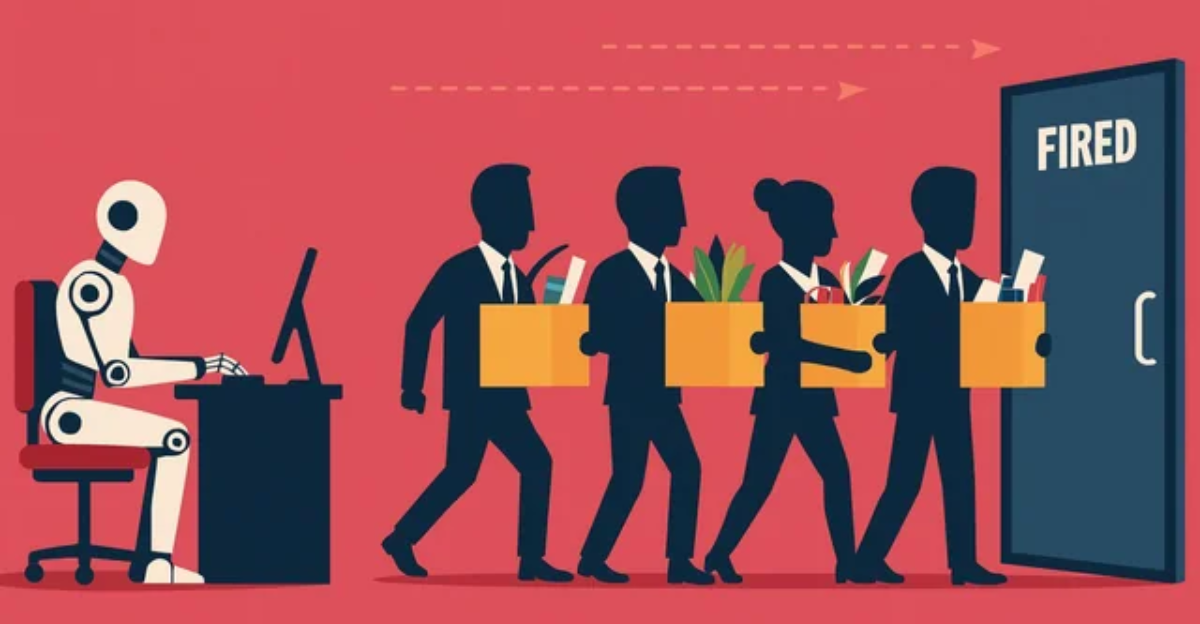
Businesses are pressured to show investors how well they use AI. Wall Street rewards businesses that cut costs on workers, even if it means making products that aren’t as good. It’s a race between companies to see who can get rid of the most jobs with people the quickest.
When Speed Beats Accuracy

Google is working quickly to stand out from AI tools like ChatGPT. Mostly, being first to market is more important than being right in this race. Users are basically being put through the bugs and mistakes that come with rushing AI systems without giving them enough time to fully develop.
Users Fight Back with Complaints

Customers who are unhappy are complaining and switching to different search engines. Others are making browser add-ons that block Google’s AI-generated answers. Online communities share ways to improve search results, which is a fancy way of saying that they make workarounds for problems with Google’s own products.
The Money Behind the Decisions

Alphabet, the company that owns Google, made a profit of $74 billion last year, but investors still wanted the company to cut costs for two reasons: concerns about the economy and pressure to show that AI could replace laborious human workers. Short-term financial goals often clash with long-term quality goals.
How This Affects Your Daily Searches
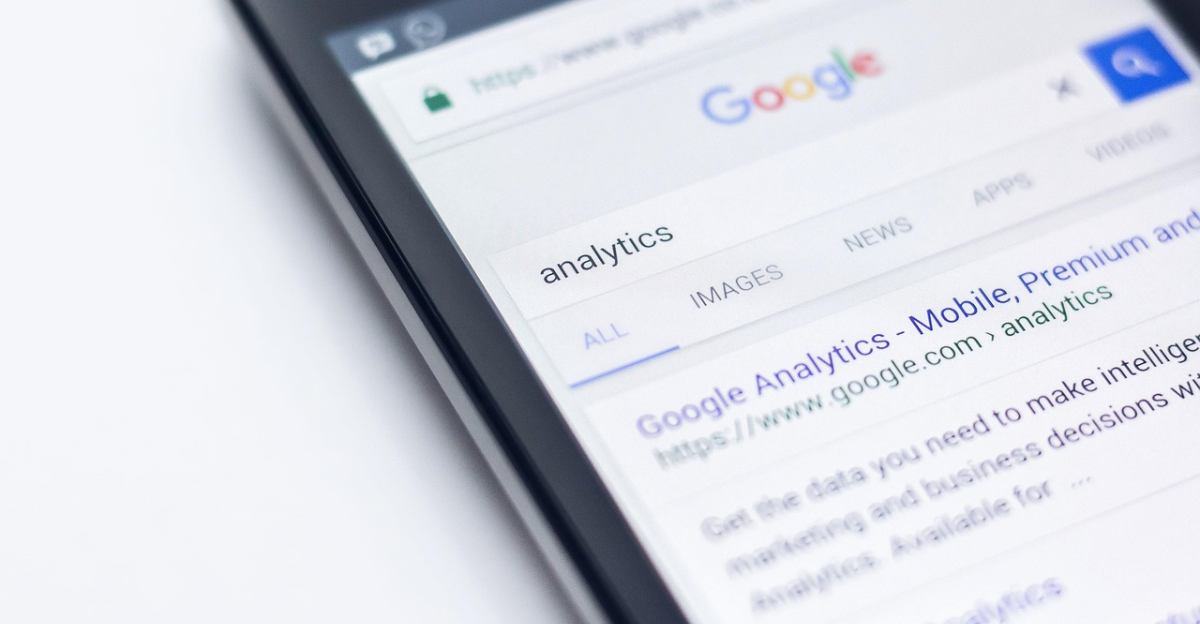
You might have to scroll past more irrelevant results or check what you find online twice. Simple searches that used to work perfectly now give confusing answers. This makes search engines take longer to find what you need, which is not what they’re expected to do.
What Google Says About the Changes
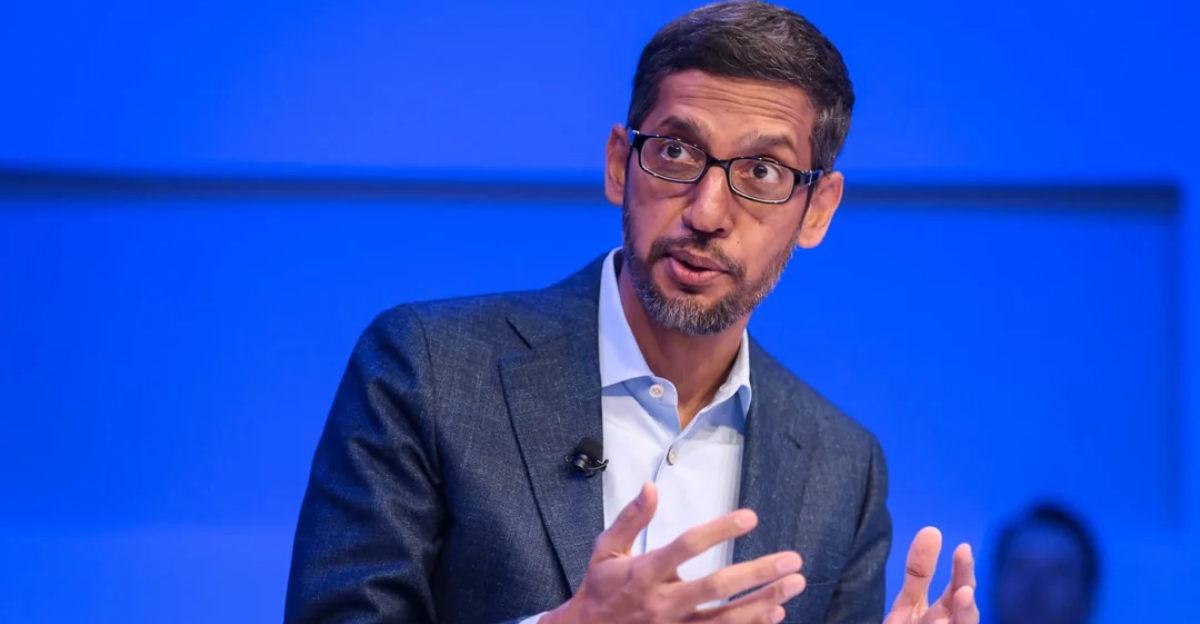
Google says their search results are better than ever, citing changes to the technology and polls of users to back this up. The company says that AI makes search better, not worse. But they rarely give specific examples of search results that didn’t work or mention the link to recent layoffs.
Signs of Bigger Problems Ahead

Businesspeople are aware that this is only the beginning. If Google keeps cutting back on human supervision while adding more AI features, the search results could get a lot worse. The tech industry is closely watching Google because if they can get away with this, other companies may do the same.
What Comes Next for Search Results
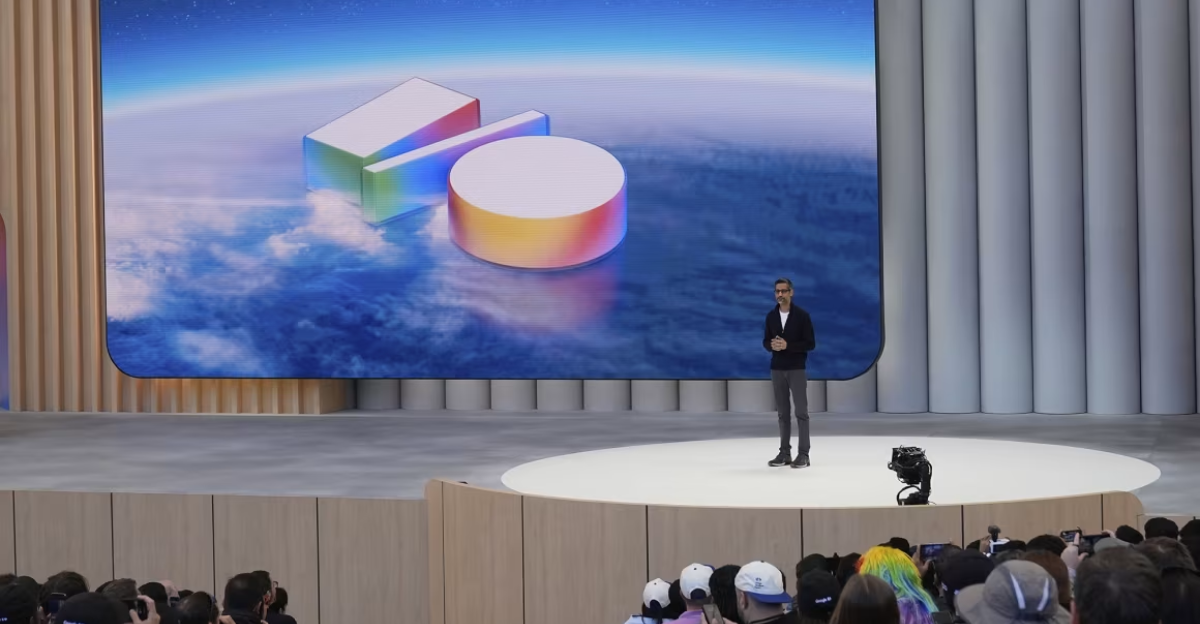
Google Search’s future will depend on how well the company can balance automation with manual control. Users may see more companies come out with better search experiences. Instead, Google may realize the results and hire back the human reviewers they need to make sure their search results are reliable and correct.